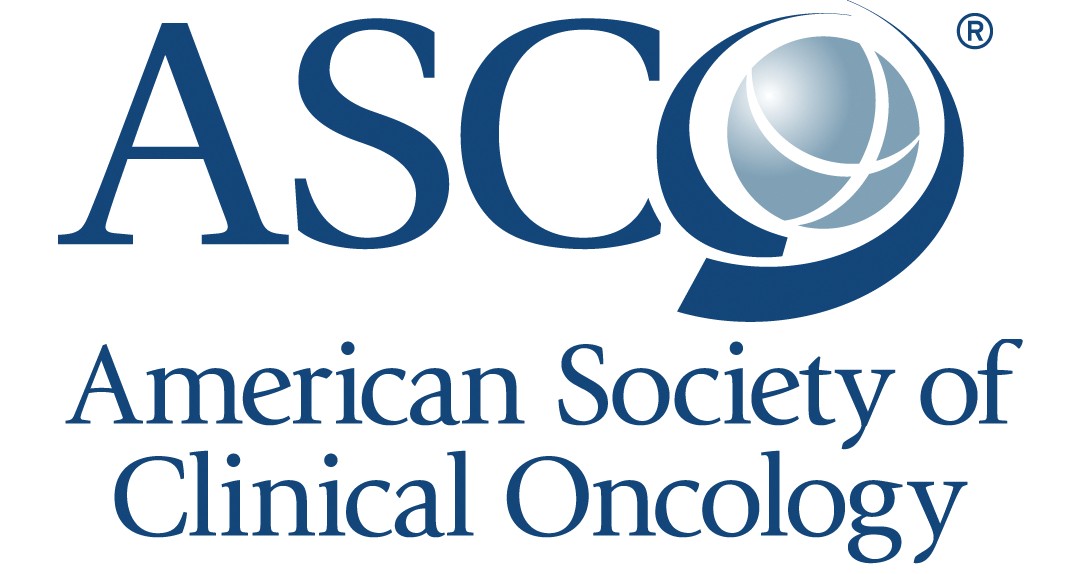Share this Page:
According to the results of a recent meta-analysis of three phase III studies, adjuvant therapy with vascular endothelial growth factor (VEGF) tyrosine kinase inhibitors (TKIs) has no compelling benefit in the treatment of high-risk renal cell carcinoma (RCC).
The meta-analysis was presented at the 2018 American Society of Clinical Oncology (ASCO) Annual Meeting this week.
The study included the analysis of three phase III, randomised controlled trials (ECOG-ACRIN E2805, PROTECT and S-TRAC) including over 4000 patients. The trials assessed adjuvant sunitinib and sorafenib (ECOG-ACRIN E2805), pazopanib (PROTECT), and sunitinib (S-TRAC). The meta-analysis found no benefit in terms of overall survival or disease-free survival in the treatment of high-risk RCC. The use of VEGF TKIs also significantly increased the risk of drug toxicity in about half of the patients.
The researchers said “The current results warrant careful consideration before using [tyrosine kinase inhibitors] in the adjuvant setting.”
Analysis from the ongoing SORCE, ATLAS, and E2810 adjuvant TKI trials, and the IMMotion, Keynote-564, and Checkmate 914 immunotherapy trials will hopefully shed more light on the role of adjuvant therapy for the treatment of RCC.















